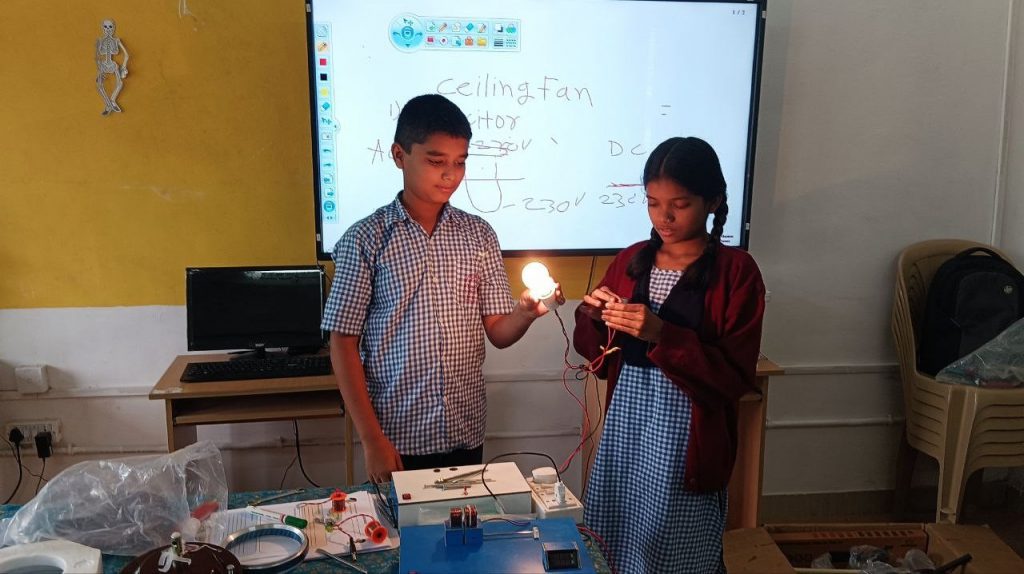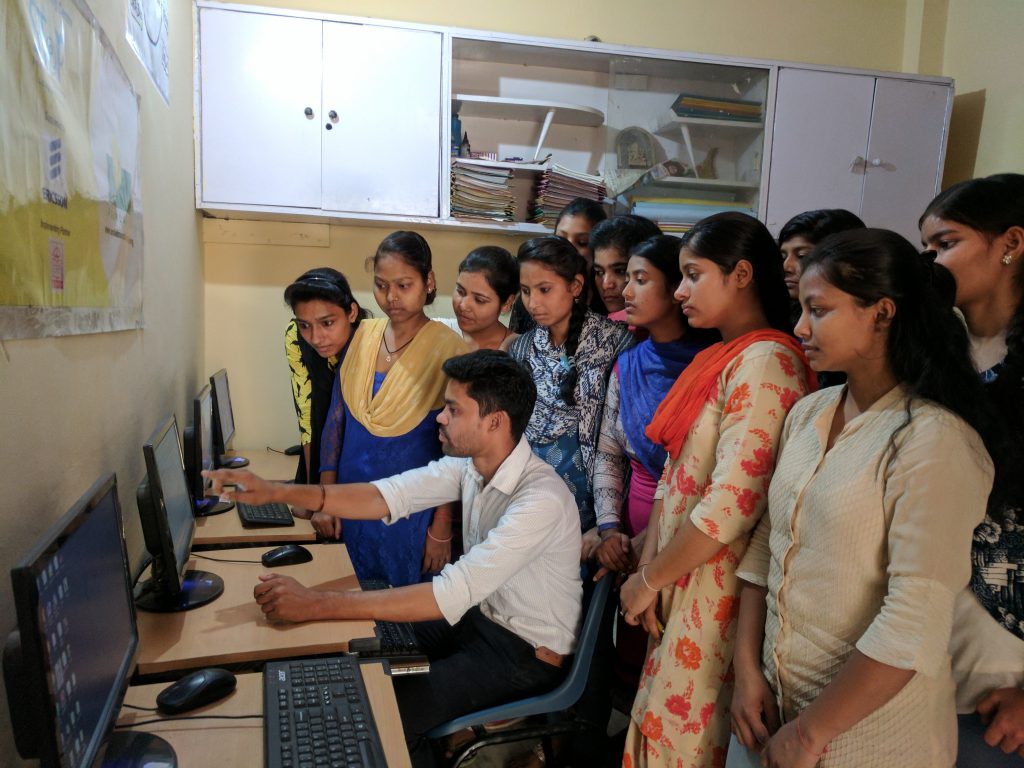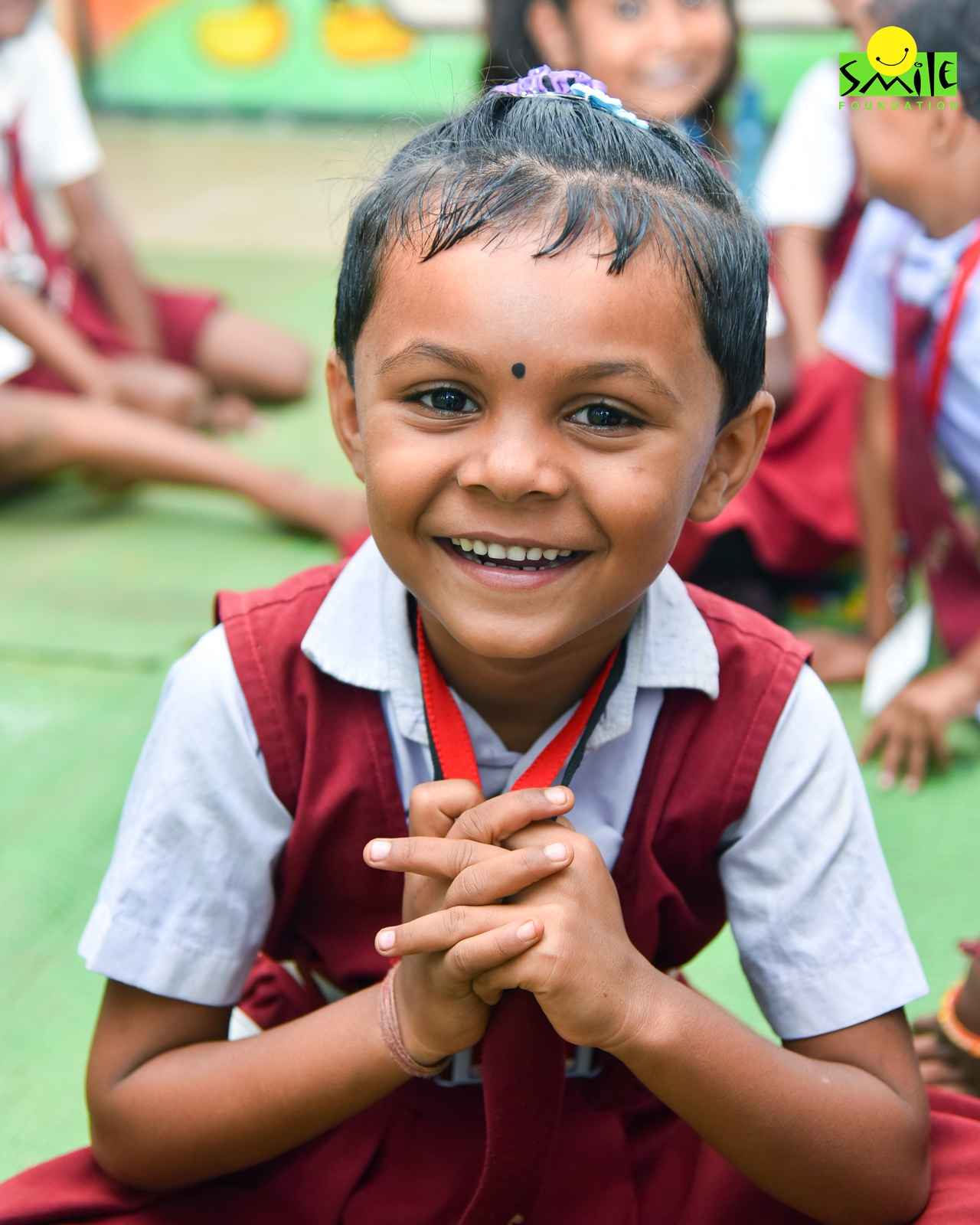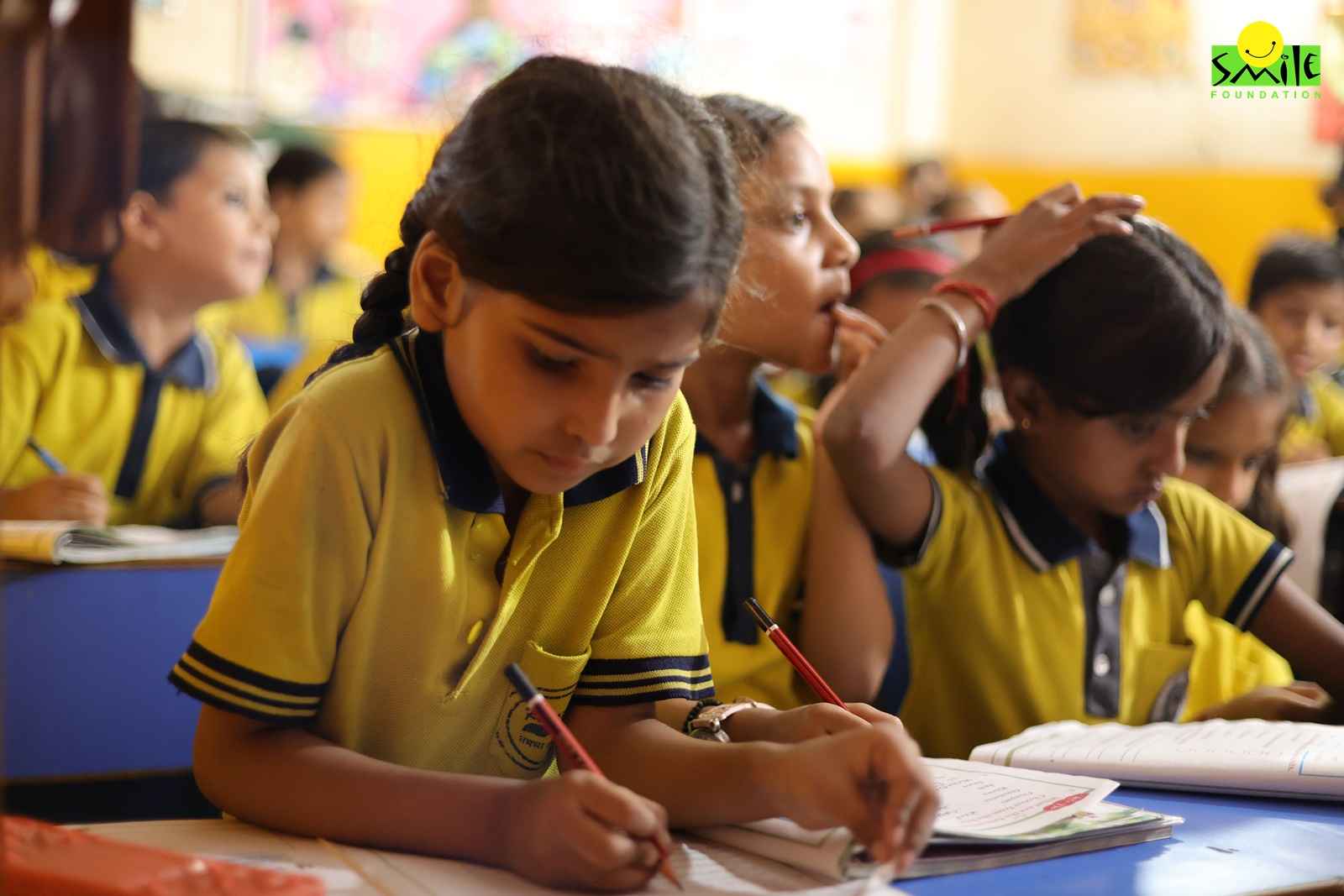A groundbreaking initiative marked the celebration of the International Day for Girls and Women in Science with the launch of the “Science for Women – A Technology & Innovation (SWATI)” Portal. This singular online platform is dedicated to cataloging the achievements of Indian women in Science, Technology, Engineering, Mathematics, and Medicine (STEMM), aiming to contribute valuable insights for policy-making to bridge the gender gap in these fields.
This first-of-its-kind portal aims to serve as a comprehensive resource for policymakers, shedding light on the accomplishments, challenges, and contributions of women in STEMM fields. The SWATI Portal is dynamically growing, with the aspiration to make data on all women scientists in the country accessible with just a click. This initiative is a crucial move toward fostering inclusivity and recognition in the scientific community.
The inauguration ceremony, held at the Indian National Science Academy (INSA) underscored the persistent need for gender parity in all sectors, especially in the dynamic and ever-evolving landscape of science and technology and emphasised the role of education as a powerful equaliser and called for increased access for women and girls across all educational streams.
In a world still grappling with gender imbalances, the SWATI Portal is a timely intervention. The event not only marked the launch of a technological platform but also symbolized a commitment to the significance of ‘Science for Women & Women in Science.’ It aimed to highlight emerging opportunities and inclusiveness for women in Science & Technology endeavors.
The objectives of the portal go beyond being a repository of information; it seeks to scale up efforts exponentially. The goal is to include every Indian woman in science, covering various career stages and subjects, spanning both academia and industry. This ambitious initiative sets the stage for reliable, statistically significant, and long-term research on issues of equality, diversity, and inclusivity in the Indian scientific landscape.
This event also calls for the remembrance of exemplary women in Science
- Dr. Tessy Thomas: Known as the ‘Missile Woman of India,’ she played a pivotal role in India’s ballistic missile program.
- Dr. Indira Hinduja: A gynecologist and infertility specialist, she is credited with India’s first test-tube baby born in 1986.
- Dr. Asha Rao: A microbiologist who has contributed significantly to the understanding of tuberculosis and leprosy.
- Dr. Asima Chatterjee: Renowned for her work in the fields of organic chemistry and phytomedicine, she was the first woman to receive a Doctorate of Science from an Indian university.
As we celebrate the International Day for Girls and Women in Science, the SWATI Portal emerges as a flag of progress and inclusiveness. It’s not just a technological tool- it is paving the way for a future where women stand as equals in the scientific realm. This launch signifies a collective stride towards breaking barriers, fostering talent, and recognising the invaluable contributions of women in shaping the scientific narrative.
SWATI is a symbol of empowerment and a testament to the unwavering spirit of women in STEMM. The journey toward gender equality in science is a long road, but initiatives like SWATI illuminate the path ahead, inspiring generations to come and ensuring that the narrative of science is enriched by diverse voices and perspectives.
At Smile Foundation, with the escalating importance of STEM, activity-based and technology-driven learning, a plethora of creative and innovative educational programmes has been ushered in through collaborative efforts with like-minded corporate entities, educational institutions, and nonprofit partners. This collaborative approach aims to instill a robust scientific temperament in students, fostering critical thinking, and problem-solving skills through inquiry and logic, encouraging creative ideation, and nurturing a lifelong learning mindset – all vital skills for the youth and workforce of tomorrow.
Over the past year, there has been a deliberate push for vocational exposure among students, a strategic move designed to facilitate holistic learning and development. This initiative goes beyond the confines of regular curriculum subjects, providing students with a unique space to forge connections between diverse areas of learning. The objective is to empower children and youth to draw meaningful links between different aspects of their education.
Noteworthy initiatives have been undertaken, ranging from orientation sessions on organic farming techniques to innovative projects such as recycling used clean clothes to create socially useful products. Additionally, efforts have been directed towards teaching organic production methods for essential oils and other daily-use items, as well as imparting skills related to small-scale domestic repair and maintenance. More and more girls and women in science is a dream that will turn into reality soon with many women leading tech giants in the near future. That’s the big and honestly, the most equal dream.









